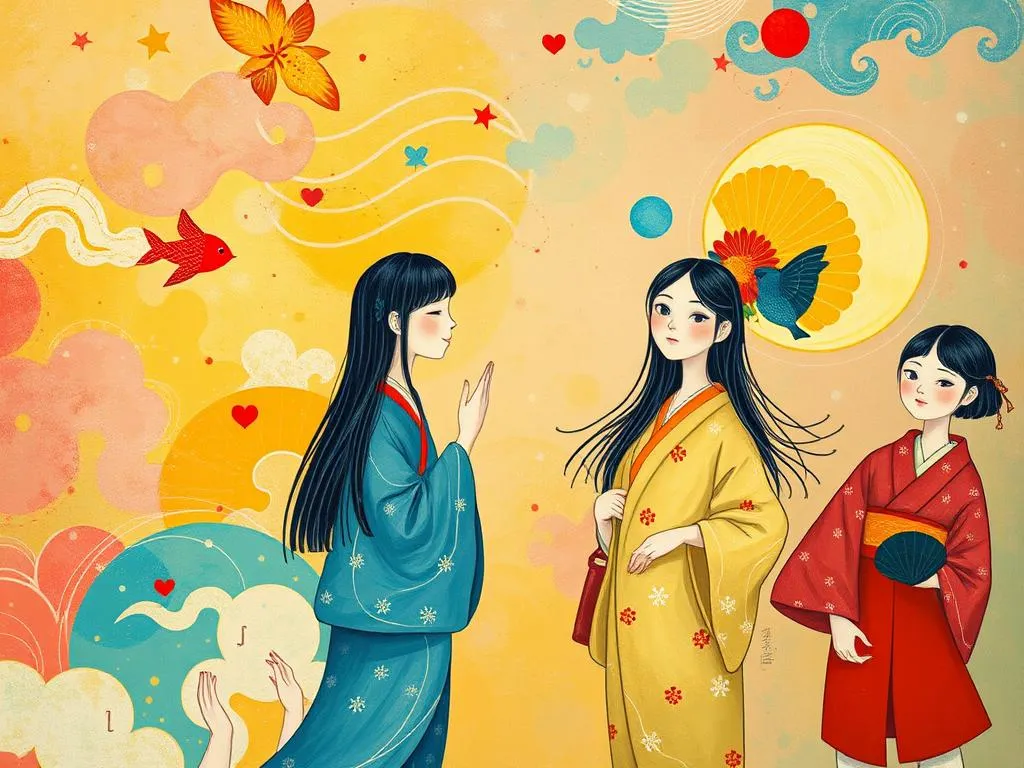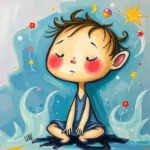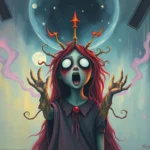
Dreams are a fascinating window into our subconscious, often reflecting our thoughts, feelings, and experiences. Among the myriad of dream themes, the appearance of Japanese people or elements of Japanese culture can evoke a rich tapestry of emotions and meanings. This dream symbolism is particularly intriguing, as it can encompass themes of identity, cultural appreciation, and even personal transformation. Understanding these dreams provides insight not only into the individual’s psyche but also into the broader context of cultural symbolism in our dreams.
Symbolism and Meaning
When we dream of Japanese people, several symbols and themes may surface, each carrying layered meanings. One primary symbol is the kimono, a traditional garment that carries connotations of elegance, formality, and cultural identity. Dreaming of someone wearing a kimono might symbolize a desire for refinement or a need to connect with one’s heritage. Alternatively, it could indicate a longing for grace and beauty in one’s waking life.
The concept of harmony is also a significant aspect of Japanese culture, often represented through elements like the zen garden or tea ceremonies. Dreams that incorporate these symbols may suggest a need for balance and tranquility in the dreamer’s life. If you find yourself in a serene Japanese garden in your dream, it could be a reflection of your subconscious urging you to seek peace amidst chaos or stress.
Moreover, Japanese folklore and mythology are rich with symbolism that can evoke feelings of nostalgia, creativity, and inspiration. Characters like Kappa or Tanuki might appear, representing playful tricksters or transformative figures. Their presence often indicates a need to embrace a more playful or flexible approach to challenges in your waking life. Take time to consider how these cultural figures resonate with your current emotional state or life circumstances.
Additionally, the presence of Japanese architecture, such as a pagoda or shrine, can signify a search for spirituality or a deeper understanding of oneself. If you dream of visiting a shrine, it may suggest that you are on a quest for enlightenment or self-discovery, reflecting your personal spiritual journey.
Key Scenarios and Variations
The context in which Japanese people appear in dreams can significantly alter their interpretation. For instance, if you dream of attending a Japanese festival, the atmosphere may invoke feelings of celebration and community. This scenario often symbolizes a desire for connection and joy in your waking life. It might indicate that you are seeking more social interaction or cultural experiences that enrich your existence.
Conversely, dreaming of being lost in a bustling Japanese city, such as Tokyo, can evoke feelings of anxiety or confusion. This scenario could reflect your struggle with feeling overwhelmed by life’s demands or the fast-paced nature of modern existence. It might also signify a sense of being out of place or disconnected from your surroundings, urging you to seek grounding in your daily life.
Another variation includes dreams where you are learning or practicing Japanese martial arts. This scenario often represents discipline, strength, and self-control. It may indicate that you are in a phase of personal development, striving to overcome obstacles or improve yourself. The martial arts practice in your dream highlights the importance of perseverance and dedication, encouraging you to apply these qualities in your waking life.
If you find yourself interacting with Japanese people in a nurturing or familial context, this could reflect a yearning for support and connection. Perhaps you are craving the warmth of family ties or seeking acceptance in your social circles. Such dreams may serve as a reminder to nurture your relationships and foster a sense of belonging.
Real-Life Connections and Takeaways
Interpreting dreams about Japanese people can lead to profound insights about your real-life circumstances. The key to understanding these dreams lies in self-reflection. Consider what aspects of Japanese culture resonate with you personally. Are there elements you find inspiring, beautiful, or intriguing? This introspection can provide clues as to why these dreams manifest in your subconscious.
For instance, if you are drawn to the concept of mindfulness found in Japanese culture, your dreams may suggest a need to cultivate this quality in your waking life. Perhaps you are navigating a period of stress or uncertainty, and your subconscious is urging you to embrace a more mindful approach. Practicing mindfulness techniques, such as meditation or yoga, might help you reconnect with your inner self and find clarity.
Additionally, engage with Japanese art, literature, or food to deepen your understanding and appreciation of the culture. These activities not only enrich your life but can also provide a sense of comfort and connection that may be reflected in your dreams. Consider attending cultural events or workshops to immerse yourself further and explore how these experiences shape your identity.
If you find yourself dreaming of Japanese people frequently, it may indicate a need for cultural exploration or a shift in perspective. Are there aspects of your life that require a fresh outlook? Embrace opportunities for growth and transformation, allowing your dreams to guide you towards the changes you seek.
Ultimately, the symbolism associated with Japanese people in dreams invites you to explore themes of identity, belonging, and personal growth. By reflecting on your experiences and feelings, you can uncover valuable insights that resonate with your waking life. As you navigate these dreams, remember that they are a powerful tool for self-discovery, offering a unique lens through which to view yourself and your aspirations.
In conclusion, the dreams we have about Japanese people are rich with symbolism and meaning. They encourage us to reflect on our cultural identities, aspirations, and the balance we seek in our lives. By engaging with these dreams thoughtfully, we can glean insights that foster personal growth and a deeper understanding of ourselves. So, the next time you find yourself dreaming of Japanese culture, pause and reflect on what those symbols may be trying to communicate. Embrace the journey of self-discovery, and let your dreams guide you towards a more fulfilling life.







